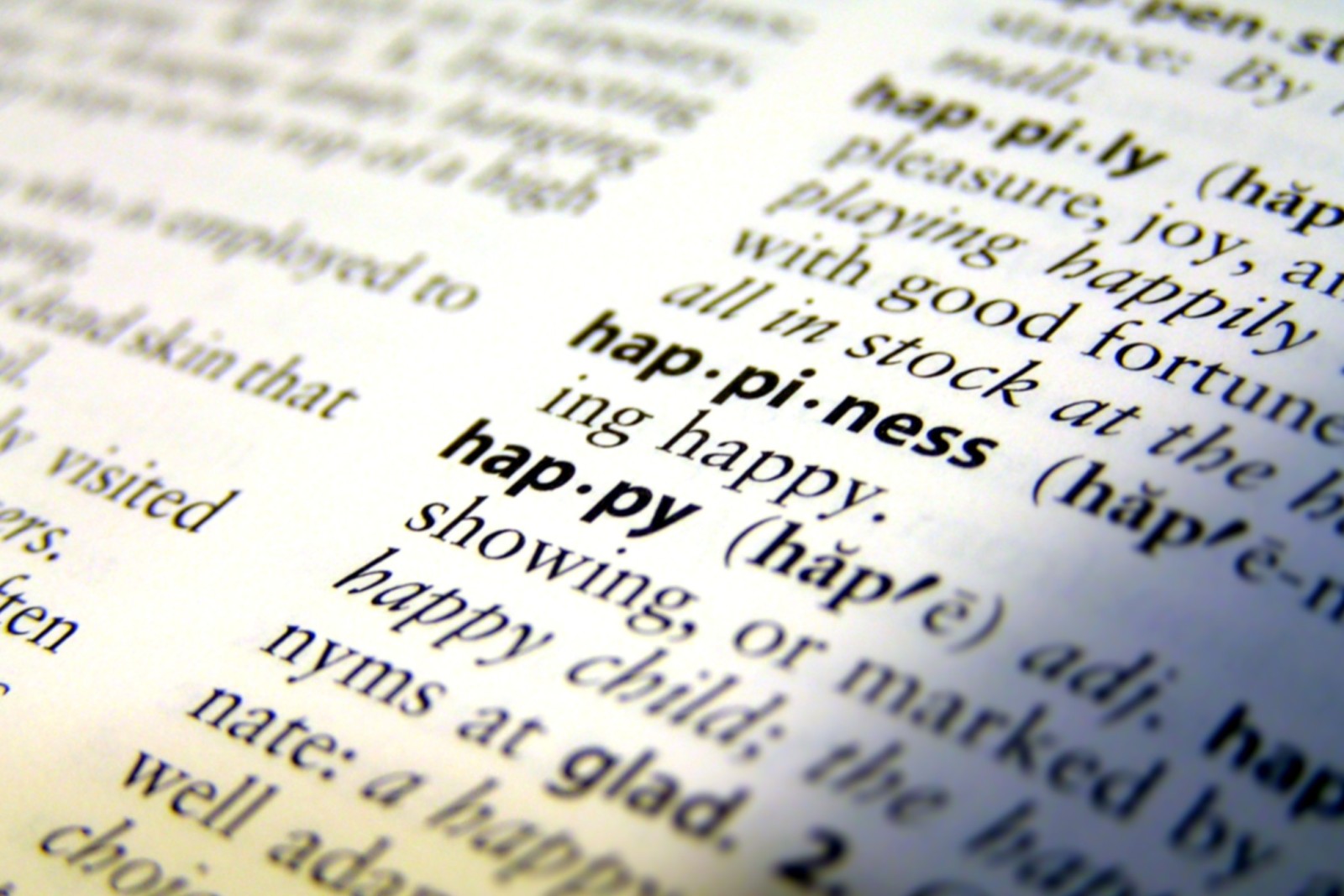Measuring the world's happiness
Interview with
 Scientists have come up with a way to measure the mood of a whole nation by looking at the words being used. And the analysis - of over 100,000 words from ten languages spoken across the world - has also found that there are twice as many words with happy meanings as sad ones, as Khalil Thirlaway heard from Vermont University's Peter Dodds...
Scientists have come up with a way to measure the mood of a whole nation by looking at the words being used. And the analysis - of over 100,000 words from ten languages spoken across the world - has also found that there are twice as many words with happy meanings as sad ones, as Khalil Thirlaway heard from Vermont University's Peter Dodds...
Peter D - The motivation from the start was to build an instrument that would measure the emotional signal coming out of populations. The way we could do this is through text. We needed to cover as much of the world as we could. So, we have Spanish, Portuguese, Korean, Chinese, Russian, we have Arabic, we have English - so, very, very distributed. So obviously, there are many languages in the world. We do feel like this has spanned the globe, spanned cultures, spanned kinds of languages.
Khalil - How did you choose which words to analyse within those languages?
Peter D - If you want to say anything about a language, you have to of course, really survey a language properly. And so, we needed to created word lists based on the words that people really use. So, there's no way to say, "Oh, here are the 10,000 most common words in English." You can't do that. you have to say, "I'm going to go to this body of text and there could be 20 years of the New York Times, it might be 3 years of Twitter, and we went to Google books as well. We went to movie and TV subtitles. We chose the most commonly used words. The fundamental aspect that we needed was that we needed to know what the happiness scores are for words. And so, we asked people his word in isolation. You know, and it could be laughter or truck or banana, and how do you feel about that word. So neutral is one star and you go up to 5 stars of happiness and then 5 stars the other way for sadness, making kind of a 9-point scale.
Khalil - What did you find you analysed these words?
Peter D - We just noticed that there were more happy words than sad words. So, that was kind of a curious thing. There are definitely negative words. People talk about negative things, but if you look across a large enough range of words, big enough texts, we see confirmation if you like that natural language is positively biased that people talk about things and they describe them in certain ways that have - on average - a more positive skew to them. It's pretty strong. So, if you take out the words that were rated as basically neutral, one Spanish copy has 90% to 10% in terms of positive to negative. For Chinese books, it was something like 70 to 30%. So, that's kind of a range. So, it's more than double. What we've got now is a really large scale study of the words that people really use.
Khalil - What do you think might be causing this positive bias in languages?
Peter D - Language is our great social technology. We are social beings, so I think it's encoding the fact that languages is this glue that connect us together. Of course, we use it to talk about negative things. We must do that, but for the most part, we're discussing things that help us keep moving along.
Khalil - What does this mean for the future?
Peter D - Our sort of main hope has been to contribute another dial on the dashboard of society, next to the very traditional ones - GDP kind of things and economic measures. It's very hard to know what a billion people are thinking or 10 million or 100 million. Everyone's wealth might be going up, but if well-being is not going up then that's a problem. It may be that we need some level of grumpiness for societies to kind of prosper, stiff upper lip sort of thing. But we need to quantify this much murkier aspect.
Khalil - So, you're saying that being able to take the temperature of society's feelings will make it easier for well-being to be paid attention to in policy making rather than just easily numerical things like productivity or tax revenue or stuff like that.
Peter D - Absolutely. This happens over and over again. If you can put a number on something, then it has much more chance of being taken notice of. It is a mistake, right? So, we know that well-being matters. There are certain things you can measure well and they get much more attention paid to them. And you eventually can make the mistake that they're the meaningful ones as well or the important ones. So, instead of complaining about that, we're trying to get a number out there that people can focus on.
- Previous What is cannabis?
- Next FameLab: Astrobiology










Comments
Add a comment